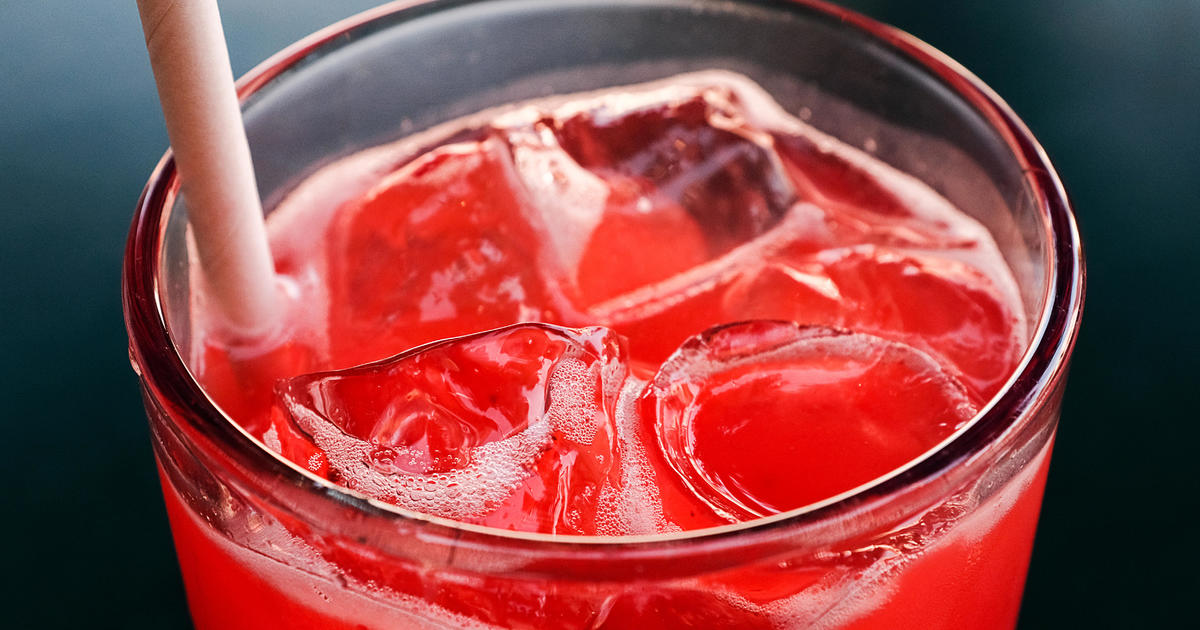Caffeine and the impact on your child's health
For most people, consuming some caffeine is harmless — but too much can be dangerous. Recent news coverage has raised questions about the amount of caffeine in some popular drinks and what consumers should know about the potential effect on health.
A lawsuit filed Monday claims a man suffered a fatal cardiac arrest after drinking three of Panera Bread's highly-caffeinated "Charged Lemonades." In October, parents of a college student with a heart condition alleged their daughter died after drinking one of the beverages. A spokesperson for Panera said the company "stands firmly by the safety of our products" and does not believe the lawsuits have merit.
Earlier this year, Senator Chuck Schumer raised concerns over the high caffeine content of PRIME Energy drinks, calling on the Food and Drug Administration to investigate. Doctors also warned about kids consuming PRIME drinks — a brand co-founded by YouTube star Logan Paul, who's popular among teens and preteens — despite product labels that say the beverages aren't recommended for those under 18.
According to the American Academy of Pediatrics, there is no proven safe dose of caffeine for children, and those under 12 should try not to consume caffeine. The group also advises against children and teens consuming any energy drinks and says children ages 12 to 18 should not have more than 100 mg of caffeine a day.
Kids are especially vulnerable to the health effects of high levels of caffeine such as disrupted sleep, digestive problems, dehydration, anxiety, jitteriness, palpitations and high blood pressure, Dr. Mallika Marshall explained to CBS News Boston. This can be especially dangerous for children with underlying or undiagnosed heart conditions.
For those over the age of 18, the FDA says healthy adults can generally consume up to around 400 milligrams of caffeine — about four or five cups of coffee — a day without experiencing dangerous, negative effects.
"However, there is wide variation in both how sensitive people are to the effects of caffeine and how fast they metabolize it (break it down)," the agency notes.
Over-consumption of caffeine can cause insomnia, jitters, anxiousness, a fast heart rate, upset stomach, nausea, headache and a feeling of unhappiness, according to the FDA.
Toxicity from caffeine can occur when you hit an even higher dosage, around 1,200 milligrams, Dr. Randy Peters from Allegheny Health Network recently told CBS News Pittsburgh.
"Now we're talking about outright (heart) palpitations, tremors, shakiness, maybe even panic attacks, if not anxiety," Peters warned.
How much caffeine is in Panera's Charged Lemonade?
Panera Bread offers several different flavors of its Charged Sips beverages, including Strawberry Lemon Mint Charged Lemonade, Mango Yuzu Citrus Charged Lemonade and Blood Orange Charged Splash, which all contain significant amounts of caffeine.
A large, 30-ounce Mango Yuzu Citrus Charged Lemonade contains 390 milligrams of caffeine and 124 grams of sugar, according to the suits filed against the company as well as the company's website. Another Panera web page listed the same product and size as containing 235 milligrams of caffeine and 74 grams of sugar. The higher caffeine and sugar counts involve the same product without ice, according to Panera.
Caffeine levels for a regular, 20-ounce serving also differ on Panera's site, from 157 to 260 milligrams.
For comparison, a cup of coffee has about 100 milligrams of caffeine. "That's an 8-ounce cup of coffee, not a grande with three shots of espresso," Peters noted. A 16-ounce can of Monster Energy drink has 160 milligrams of caffeine and an 8.4-ounce can of Red Bull has 80.
"Consume in moderation," Panera's website now states in a banner above the drink options. "NOT RECOMMENDED FOR children, people sensitive to caffeine, pregnant or nursing women."
-Alisa Chasan and Aimee Picchi contributed to this report.
Sara Moniuszko is a health and lifestyle reporter at CBSNews.com. Previously, she wrote for USA Today, where she was selected to help launch the newspaper's wellness vertical. She now covers breaking and trending news for CBS News' HealthWatch.
Thanks for reading CBS NEWS.
Create your free account or log in
for more features.
